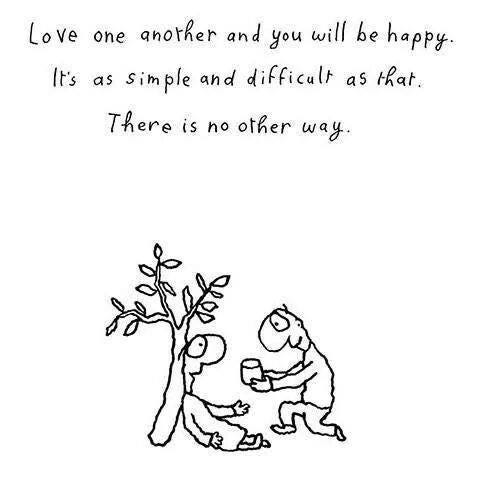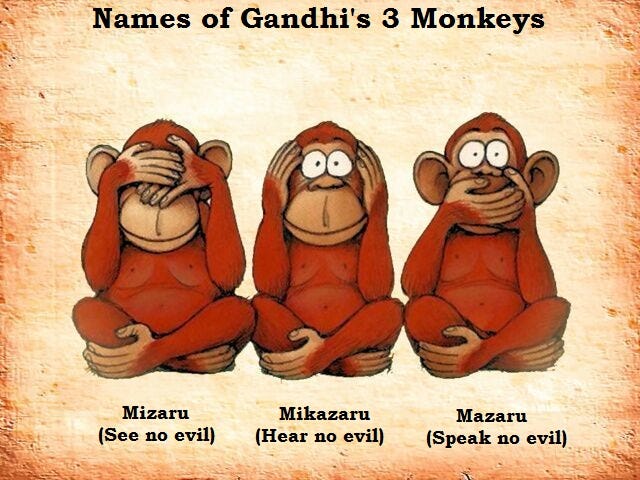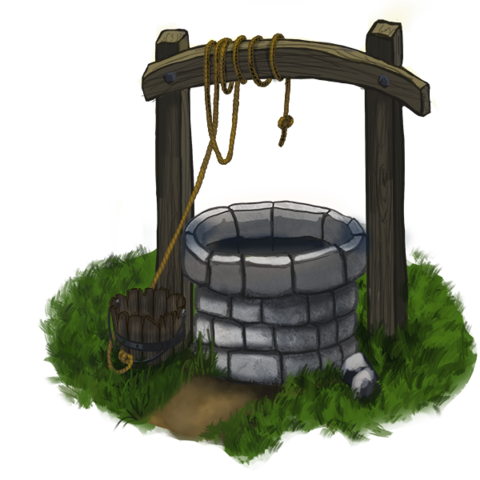Pause: Think about this question for 30 seconds before continuing.
How is empowerment different from encouragement?
Pulling the words apart is a great way to understand en-courage-ment and em-power-ment. We develop courage in our children when we encourage them. We develop personal power in our children when we empower them.
Courage comes from doing something well and knowing we can do it again. Sometimes we know we did a good job. Sometimes we need someone to tell us. Encouragement is when we tell others we have seen what they have done and we believe they did a great job. An encouraging parent says, based on what we know of our child, we believe they can do this – even if it is harder or different than what they have done in the past. Our words and actions give our children courage.
Power comes from making choices and seeing the results of those choices. Decisions are always followed by consequences – good or bad. While we hope for positive results from our decisions, we learn from both positive and negative outcomes – if we think about it afterwards. Empowerment is when we allow others to make decisions that impact the future. A big part of being an empowering parent comes after our children make decisions and we ask good questions to help our child reflect and learn from the consequences of their choices. This gives them power to face tough choices and make wise decisions in the future. Allowing our children to choose their own words and actions gives them power.
Both encouragement and empowerment help us to become all that we can be. Hearing, “Well done!” and “You can do this!” build courage. Hearing, “What will you do next?” and “What have you learned?” develop personal power. The difficulties in the future will be easier to face if we have self-trusting courage and decision-making power. These skills come from being encouraged and empowered throughout childhood.
Are you more natural at encouraging or empowering your kids? Both are important and both build resilient kids. How will you encourage your kids today? How will you empower them for tomorrow?







